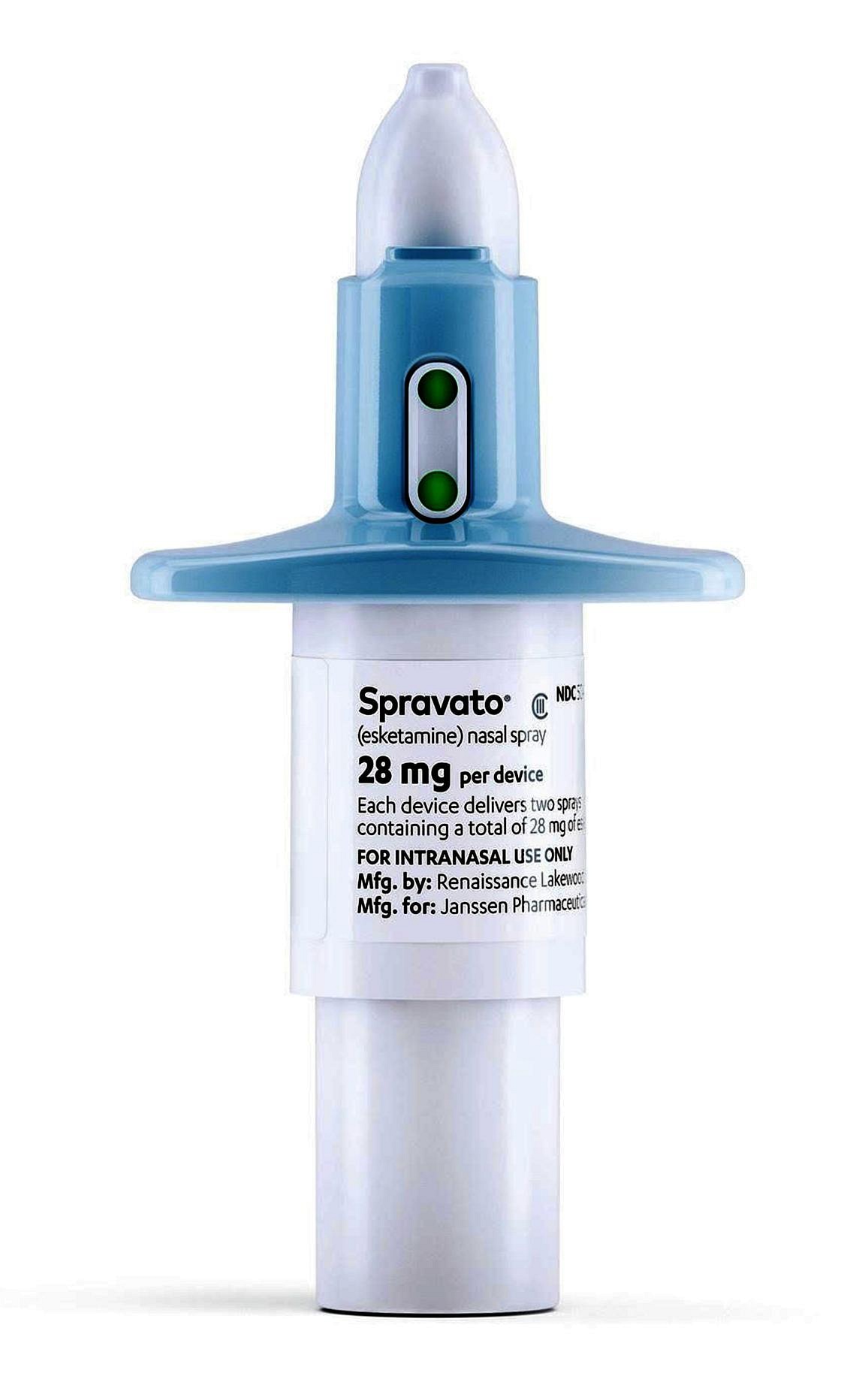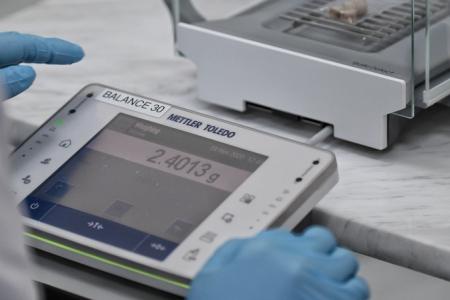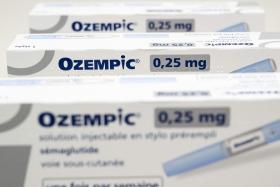Ketamine a lifeline for patients with severe depression
Ketamine, the controlled drug best known as a horse tranquilliser, has in the last four years become a boon to scores of severely depressed patients in Singapore.
Since October 2020 – when the Health Sciences Authority (HSA) first authorised sale of an esketamine nasal spray for serious depression – five psychiatrists who used the therapy on their patients have reported sterling results.
Four of the doctors said majority of their patients achieved remission or recovery, while the fifth reported a one-third remission rate among his 16 patients. About half showed a 50 per cent reduction in symptoms, he added.
Consultant psychiatrist Christopher Chan said: “This is high, relative to other options.”
Once seen as an alternative option, the ketamine nasal spray Spravato is now a mainstream prescription for treatment-resistant depression, often recommended in standard guides, he added.
The spray’s maker, pharmaceutical giant Johnson & Johnson, declined to give numbers for Singapore, but Spravato is available at about 2,800 treatment centres worldwide as at late 2024, according to industry publications.
Dubbed the neuroscience darling of Johnson & Johnson, Spravato is reserved for treatment-resistant depression – when a person does not respond to two or more medications – or the patients are at risk of suicide.
It raked in US$780 million (S$1.07 billion) for Johnson & Johnson in the first nine months of 2024 and looks poised to be declared a “blockbuster drug” with $1 billion in annual sales.
Driving its appeal are its rapid effects and non-invasive procedure, said the doctors, who between them have treated more than 50 patients with the prescription drug.
Senior consultant psychiatrist Victor Kwok, who has offered Spravato treatment since Dec 2020, said: “It’s very fast-acting. Some get better within two sessions.”
More than 15 patients at his Farrer Park Hospital clinic have gone on the ketamine regimen – some of them lawyers and social workers.
At his clinic, Private Space Medical, patients are supervised by a doctor while they self-administer the stout canisters of nasal spray in one of several dove-grey rooms.
Then, the lights are dimmed and patients put on music of their choice on headphones.
They rest alone for about one and a half hours, though doctors pop in periodically until the effects wear off. Only then can they leave the clinic.
The first few sessions, called the induction phase, can be “rocky” and so are more closely watched, said Dr Kwok, who once had a patient with post-traumatic stress disorder slip into a state of childhood fear.

That out-of-body sensation known as dissociation is the most common side effect, along with dizziness, nausea and raised blood pressure, which physicians measure before and after administration, he added.
By the fourth or fifth session, these troubles ease as patients approach the maintenance phase. Said Dr Kwok: “By then, they know what to do, some can read books, answer e-mails and shop for groceries.”
At the microdoses prescribed, ketamine can induce a dreamlike floating feeling or giddiness.
But the intended effect is really between the sessions, when the drug works to boost the patient’s mood by increasing a brain “messenger” called glutamate that traditional anti-depressants do not target, Dr Kwok said.
“It’s like my secret weapon – it should work and when it doesn’t, I relook the diagnosis,” said the psychiatrist of some 15 years.
Dr Adrian Wang, who runs his own clinic at Gleneagles Medical Centre, has administered Spravato to 17 patients, so far, and the therapy has failed only twice for him, he said.
“One lady stopped because she did not like the dissociative feeling, another patient completed the course but we don’t know why it had no effect.
“The key is patient selection.”
They should not have addictive tendencies or personality disorders, he cautioned.
In any case, the drug can be taken only in clinics, in fixed doses and intervals, so the risks of abuse and dependency are very low, Dr Wang added.
But the hefty price tag can be prohibitive, hampering take-up, said Neuropsychiatry Associates medical director Poon Shi Hui.
On average, one session costs $1,000, and it can add up quickly.
Courses start at eight weeks but typically last six months and can go on indefinitely, though frequency decreases over time. Dr Poon said one of her patients has taken Spravato for over two years.
Ms K, a 27-year-old marketing executive who has been on Spravato for 1½ years, has forked out about $55,000 so far.
She said: “Most insurance firms don’t cover this treatment, as far as I know, because it’s relatively new and only administered to more severe cases.
“My first month alone, it cost $12,000. That’s three times my salary.”
Even at Private Space Medical, where Dr Kwok offers the treatment at cost price to patients of slimmer means, Ms S, a 30-year-old nurse, has paid $15,000 in five months, out of pocket.
The bill does not include the cost of oral anti-depressants, which must accompany any Spravato course, and the talk therapy that doctors recommend.
Patients usually have to continue on both, even after a full and successful Spravato run, to prevent a relapse, said doctors.
A cheaper intravenous ketamine alternative – available at the Institute of Mental Health since 2024 – is not allowed for use in private clinics. It costs about $3,200 for an eight-session course.
Still, the cost of ketamine therapy should be compared with its alternatives, like electroconvulsive therapy and psychiatric admission, said Dr Tay Kai Hong, a shrink of more than 15 years.
These can come with loss of freedom, the distress associated with institutionalisation and stigma, he added.
For Ms K, it has paid off. She said: “When I tried Spravato I’d gone through almost seven years of being medicated with mediocre results.
“Then, I attempted suicide in December 2022, so at this point, I was desperate to try anything.”
She left her job soon after and began the treatment. Months later, she bagged a new job.
She said: “It’s given me the energy to build my resources and my life back to where I can live again. Spravato works, but always in conjunction with therapy.”
Get The New Paper on your phone with the free TNP app. Download from the Apple App Store or Google Play Store now


